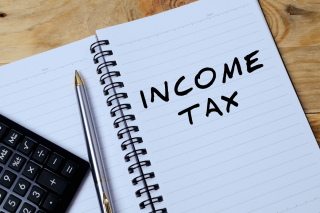 If it seems like every time you start to understand Social Security, there’s something else to learn, you’re right. However, this is an important part of your retirement income, so it’s important to understand.
If it seems like every time you start to understand Social Security, there’s something else to learn, you’re right. However, this is an important part of your retirement income, so it’s important to understand.
The Social Security earnings test is a way that the agency determines the limit of the amount of money individuals who have not yet reached full retirement age (FRA) can earn, while they are collecting Social Security retirement benefits.
For 2018, for every $2 that a worker who has not yet reached FRA earns over the annual threshold limit of $17,040, Social Security will withhold $1 from your benefits.
 Houston Estate Planning and Elder Law Attorney Blog
Houston Estate Planning and Elder Law Attorney Blog









